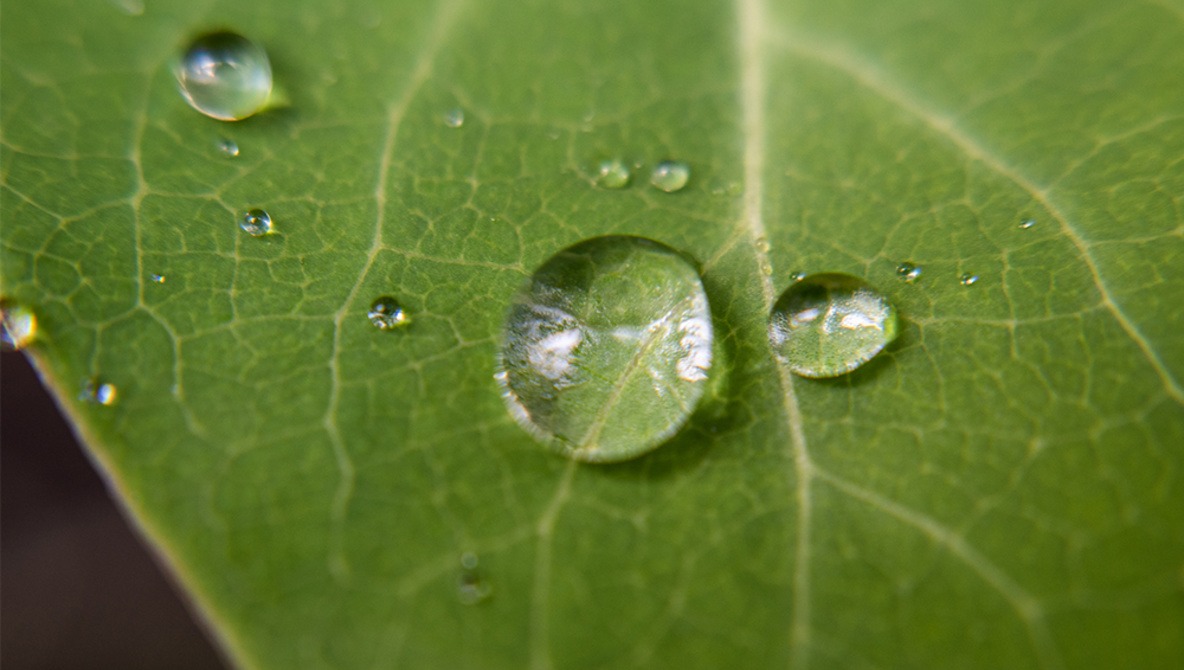Some of us can't afford or can't justify buying a full macro lens but still want to try out the mysterious macro photography world. So, what's a cheap and easy way to do it?
There's no doubt that every photographer at some point in their lives will want to try shooting macro, even if it's just out of sheer curiosity and without any plans on making a commitment to purchasing expensive new equipment. So, why not have a day's worth of experimenting that'll cost you just as much as a couple of coffees?
Before we jump in, here's a quick backstory. My friend and I occasionally work with young children, and as such, I sometimes try to put myself in their shoes, by looking at things around me that could be used to add a fun aspect to learning photography without having to spend a fortune. For example, using an old and scratched CD to create reflections without any fear or worries of ruining it or perhaps buying cheap fairy lights to add to the composition.
This time, I bought online what's called a Spherical Ajax Double-Convex (Bi-Convex) Lens, which is used in science classes when looking at different characteristics of optics. I went for the 50 mm diameter and 50mm focal length version, and it cost me under $10. I took it with me when visiting my family because my brother is young and I thought this would be the perfect way to get him involved and interested in photography by doing something that's fun, hands on, and more importantly, easy.
I used my Nikon D750 combined with a 50mm lens, on which I simply taped the bi-convex lens to make it easier for shooting without having to hold it in front of the lens with my hands. As it had just rained, it was the ideal setting for finding various scenes where macro shots would emphasize the beauty of nature. Doing a few test shots to show him how to use my camera, I left it in aperture priority and allowed him to switch between auto and manual focus. In Lightroom, I added a bit of contrast and clarity, as well as detail sharpening.

ISO 800, f/10, 1/160 sec

ISO 800, f/10, 1/640 sec

ISO 640, f/10, 1/500 sec
If you have children, you know how good it makes you feel when you see them get involved in something with passion. Allowing him the freedom of choosing and finding his own subjects and scenes to shoot instead of setting it all up for him, it made my brother feel excited and proud of his findings and the subsequent photographs. Sometimes, you have to step away from the business and the seriousness that surrounds the industry and instead look at things in a simpler way, as one would through the eyes of children.

ISO 800, f/10, 1/500 sec
Bear in mind that the images won't be anywhere near as sharp as using an actual macro lens and you will either need a steady hand or a tripod to get close to getting it in focus at all. We had lots of hits and misses due to shooting handheld and it wasn't easy at all, but it was fun and rewarding nonetheless. However, this could be a great way for you to simply add another dimension to what you do in photography. It won't win you prizes for outstanding macro shots of insects or flowers, but it will get you doing something new. And, who knows? Macro may just be the future calling for you. Try it with your kids this weekend!







Or You could just purchase an inexpensive close up filter set.
You could, indeed! But the whole point of the 'exercise' was to use something kids may use to play with or in school anyway hence that particular type of lens! :)
Should the focal length of the bi-convex lens based on what focal length I'm gonna be used?
Hey! I'm not actually quite sure about that, what I did was I just tested it with 3 prime lenses I have to see what worked best for me and stuck with the 50mm! I think as long as it's not a wide lens it should work but let me know if you find out!!